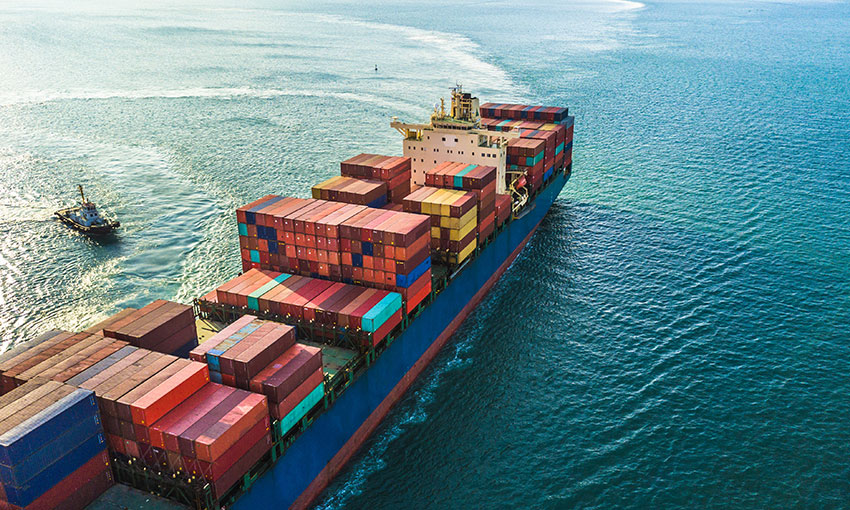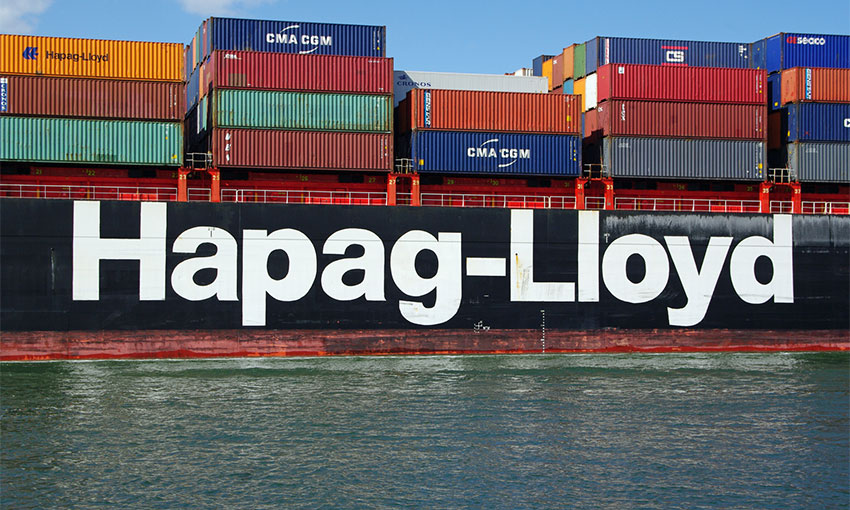NEW analysis, commissioned by the Global Maritime Forum and conducted by Arup, projects that the maritime sector’s transition to e-fuels could support up to four million new green jobs by 2050, double the number of seafarers serving globally today.
As the backbone of the global economy – responsible for 80% of global trade – the shipping industry faces enormous pressure to rapidly decarbonise, the GMF notes. The industry is currently responsible for 3% of global CO2 emissions, equivalent to the annual emissions of Japan. In 2023, the IMO’s member states agreed an end date to fossil fuel consumption “by or around” 2050.
The new study, Green Jobs and Maritime Decarbonisation , found job creation will be seen across the three main phases of the supply chain: renewable energy generation, hydrogen production and e-fuel production.
“Achieving this target will require large volumes of scalable zero emission fuels, a significant share of which will be e-fuels based on hydrogen. Projections show that shipping’s demand for e-fuels could rapidly scale to over 500 million tonnes by 2040, rising to 600 million tonnes by 2050. Meeting such demand could require an additional 2TW of renewable energy generation capacity, and 1TW of hydrogen production capacity by 2050,” the study found.
The analysis focuses on renewable energy and fuel production linked to e-fuels, adopting an illustrative scenario where e-fuels become the energy source for international shipping. In this scenario, up to £3.2 trillion of investment is required to support the development of renewable infrastructure, hydrogen production, and fuel production facilities for e-ammonia for shipping.
“This significant capital investment will have a dramatic impact on the creation of green jobs across the supply chain. It also has the potential to create immense benefits to the wider economy, furthering climate action, whilst also supporting the development of renewable energy projects and the uptake of green hydrogen across other sectors,” GMF said.
Jesse Fahnestock, the Forum’s director of decarbonisation said the research marked a critical first step in exploring the fundamental role maritime decarbonisation will play in the creation of green jobs within the energy sector.
“The analysis demonstrates the sheer scale of the potential to create large numbers of highly-skilled green jobs, in this instance driven by a single fuel. Many of these jobs will also be transferable to other sectors – supporting further decarbonisation beyond shipping,” he said.
The full insight brief is available here.





